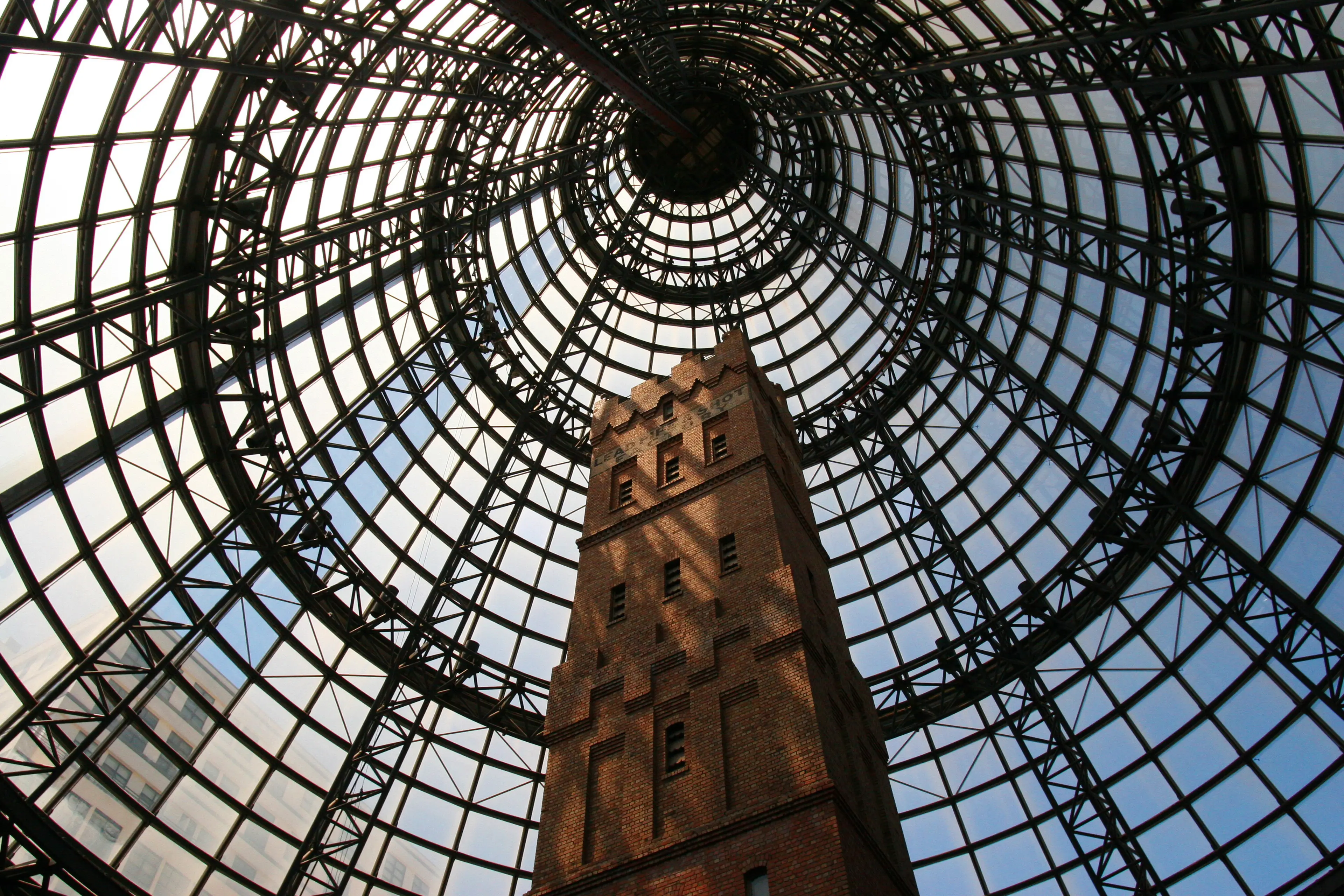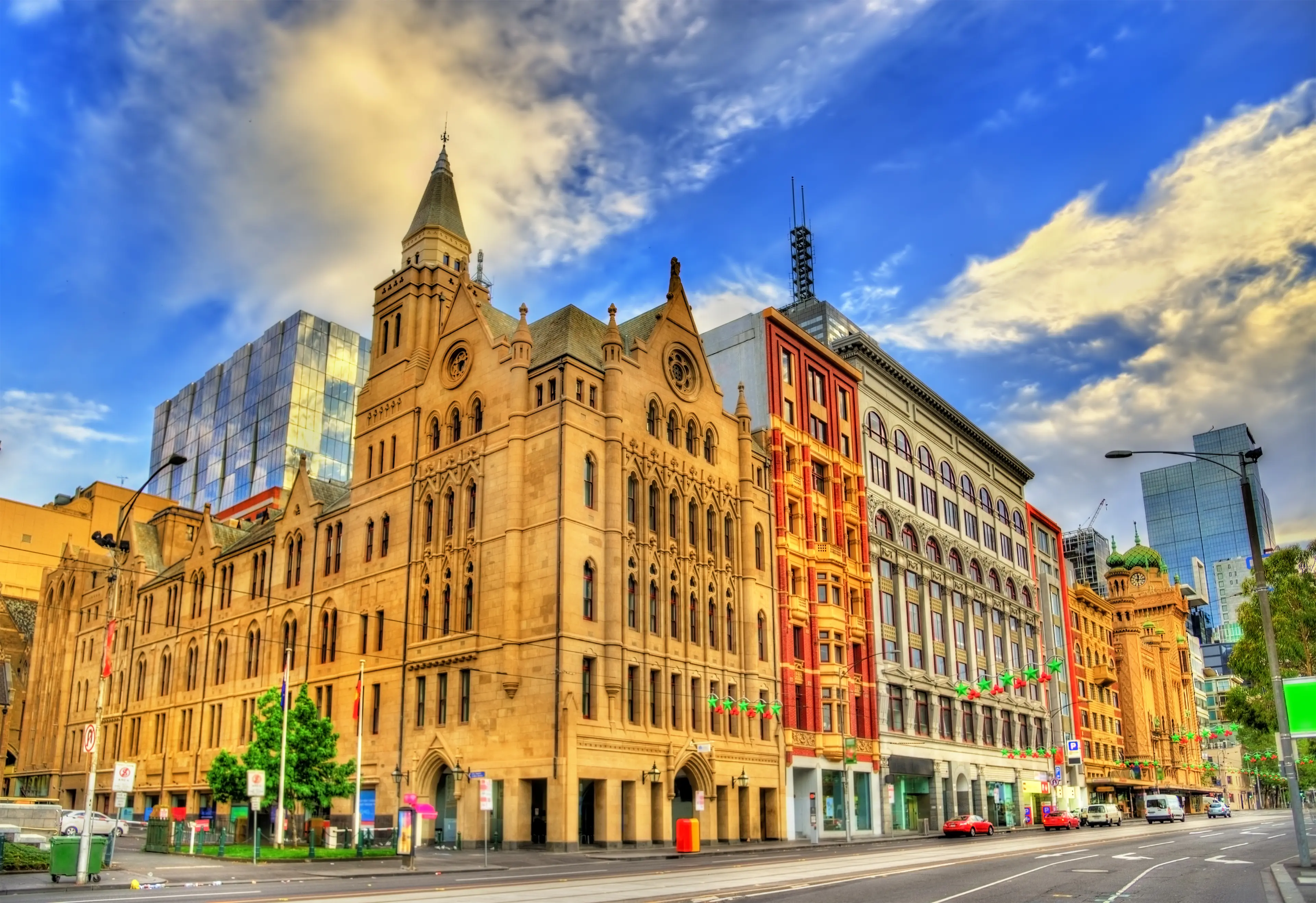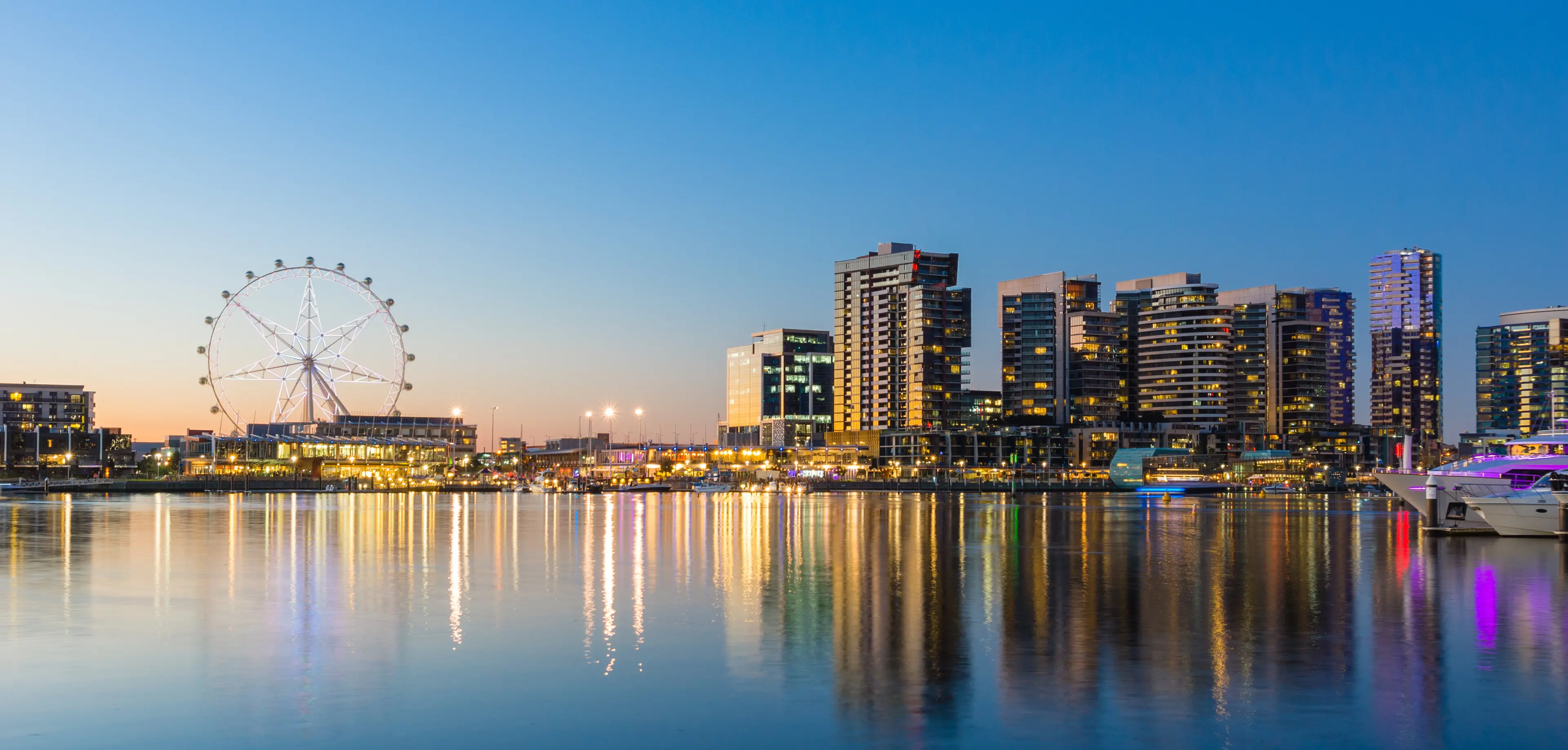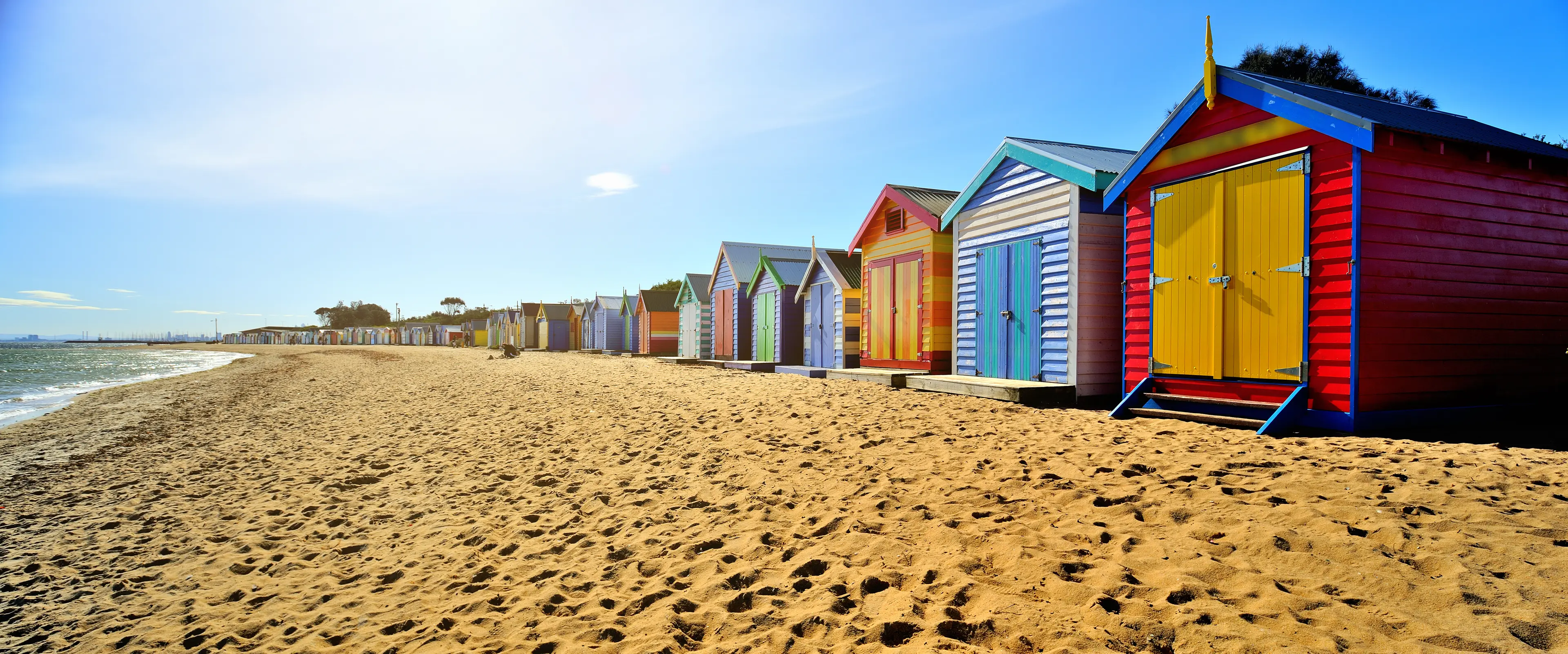Explore Melbourne, Australia: Unforgettable 3-Day Itinerary
Melbourne, Australia
3 days
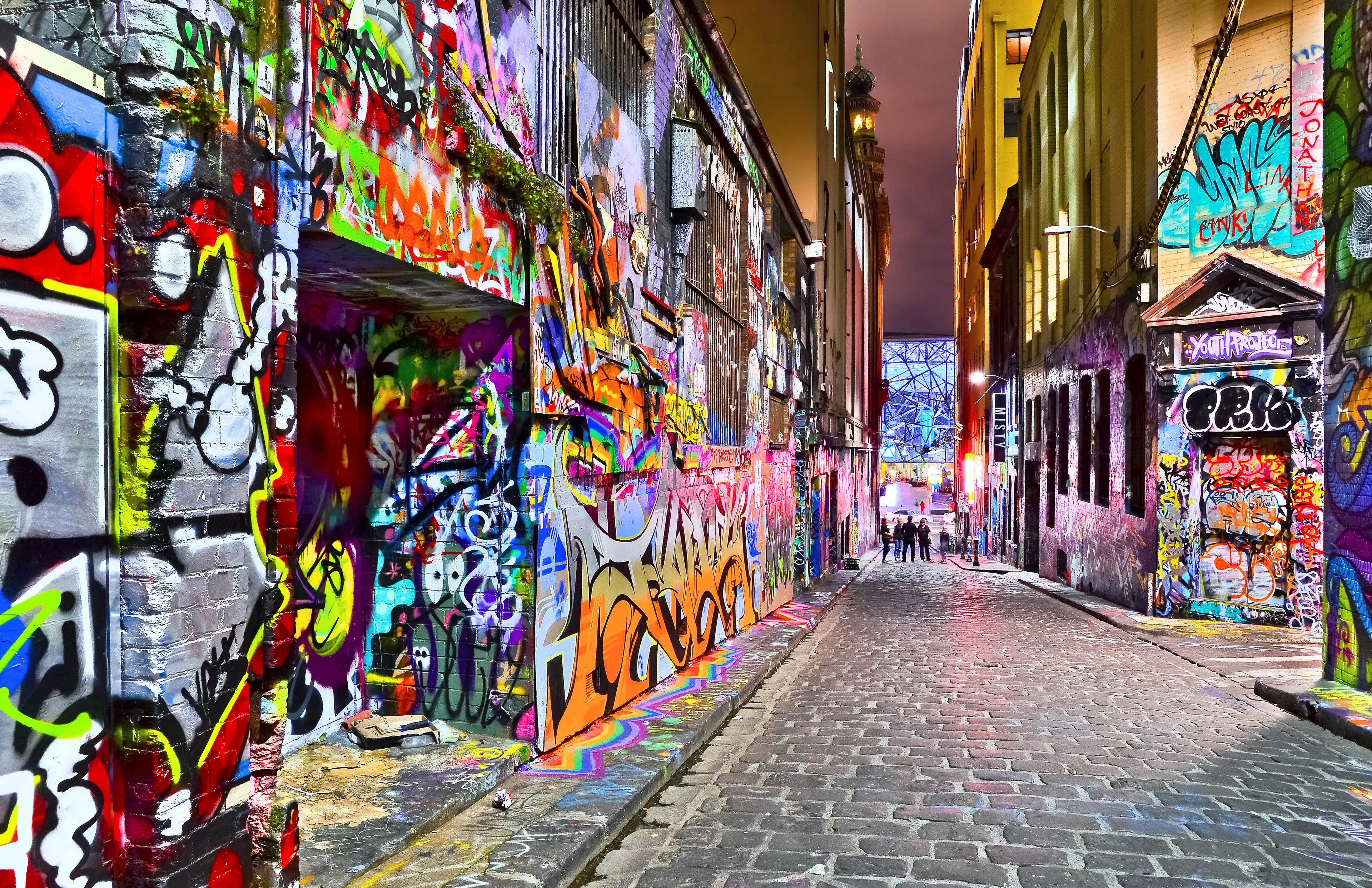
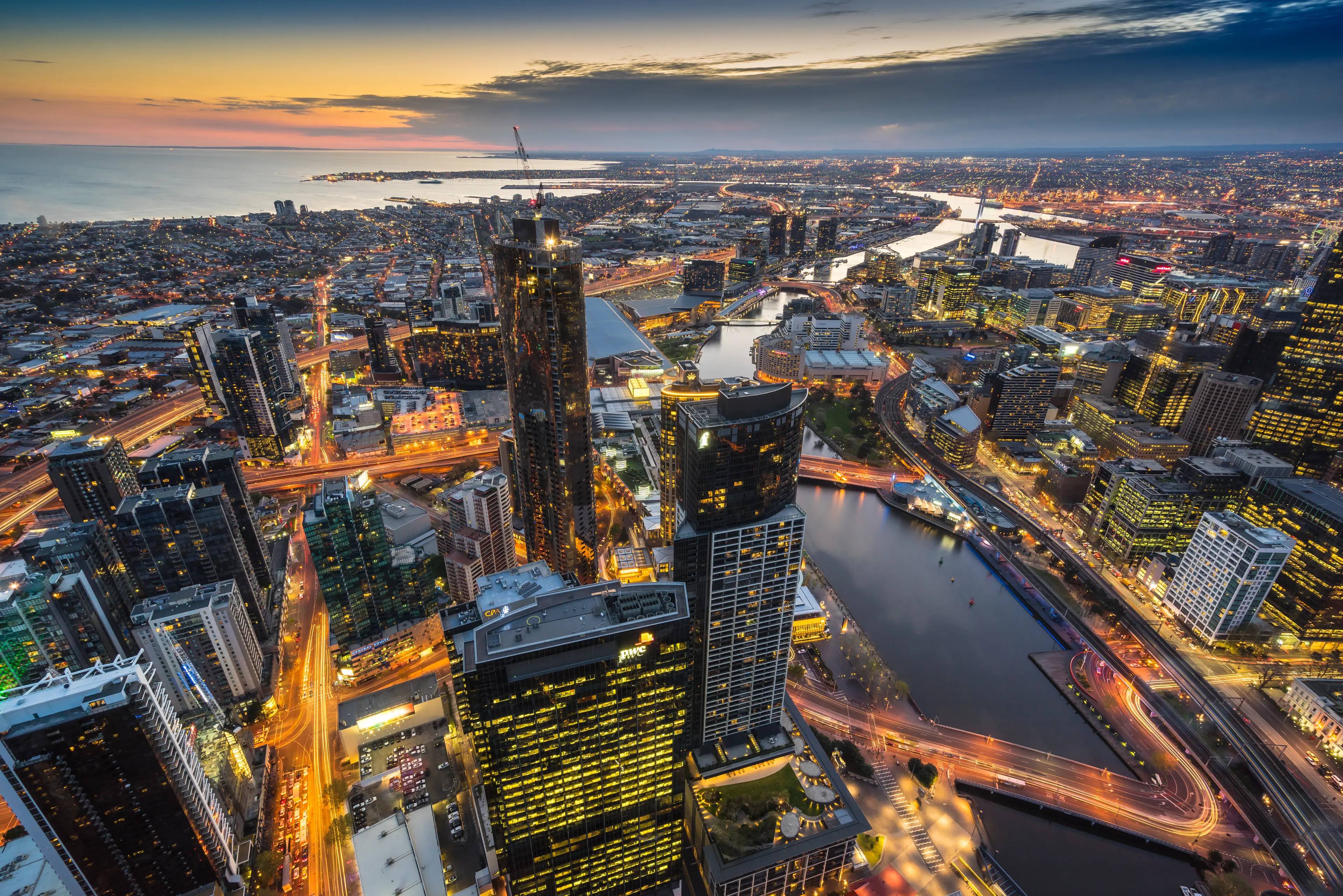
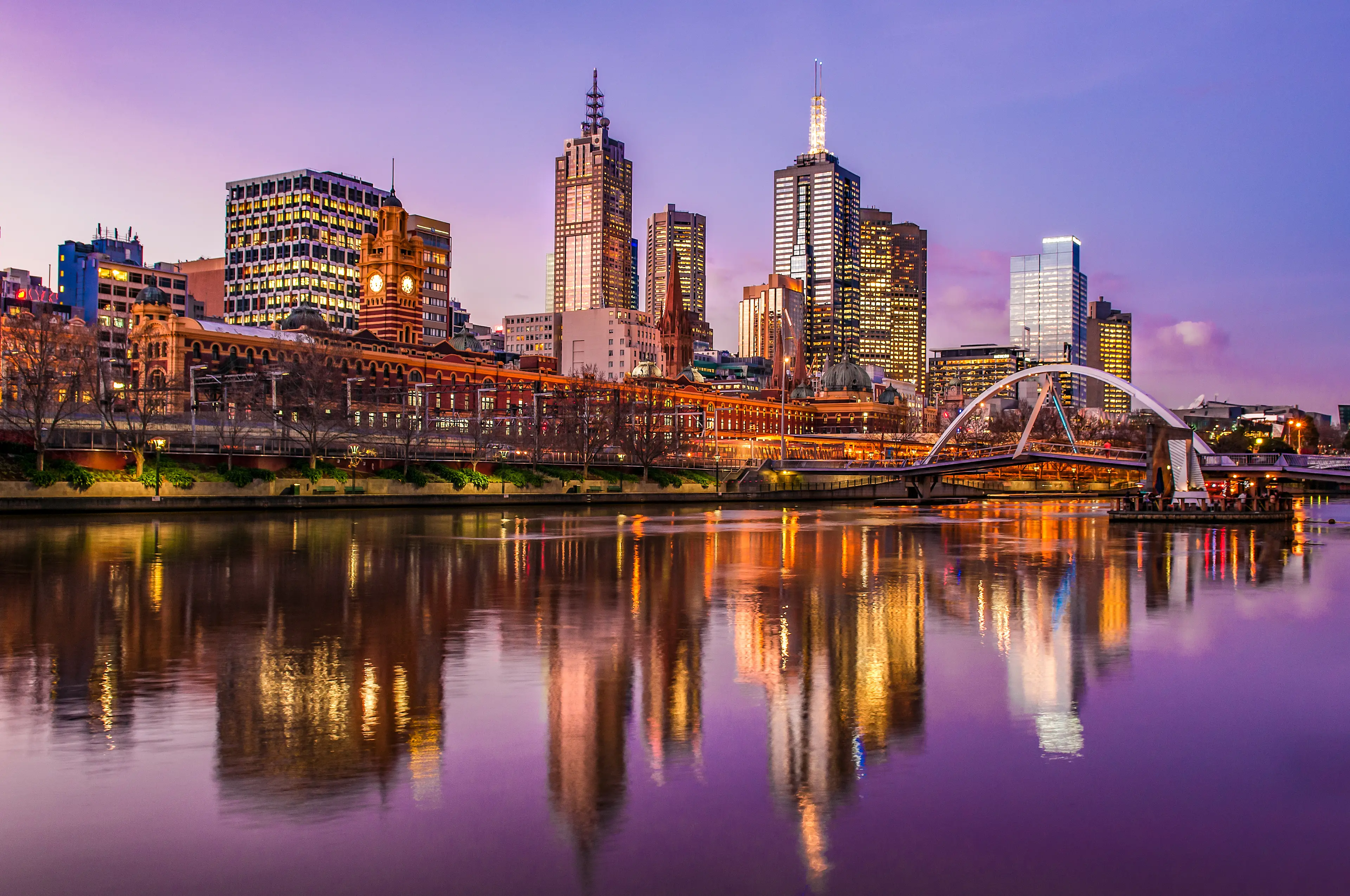
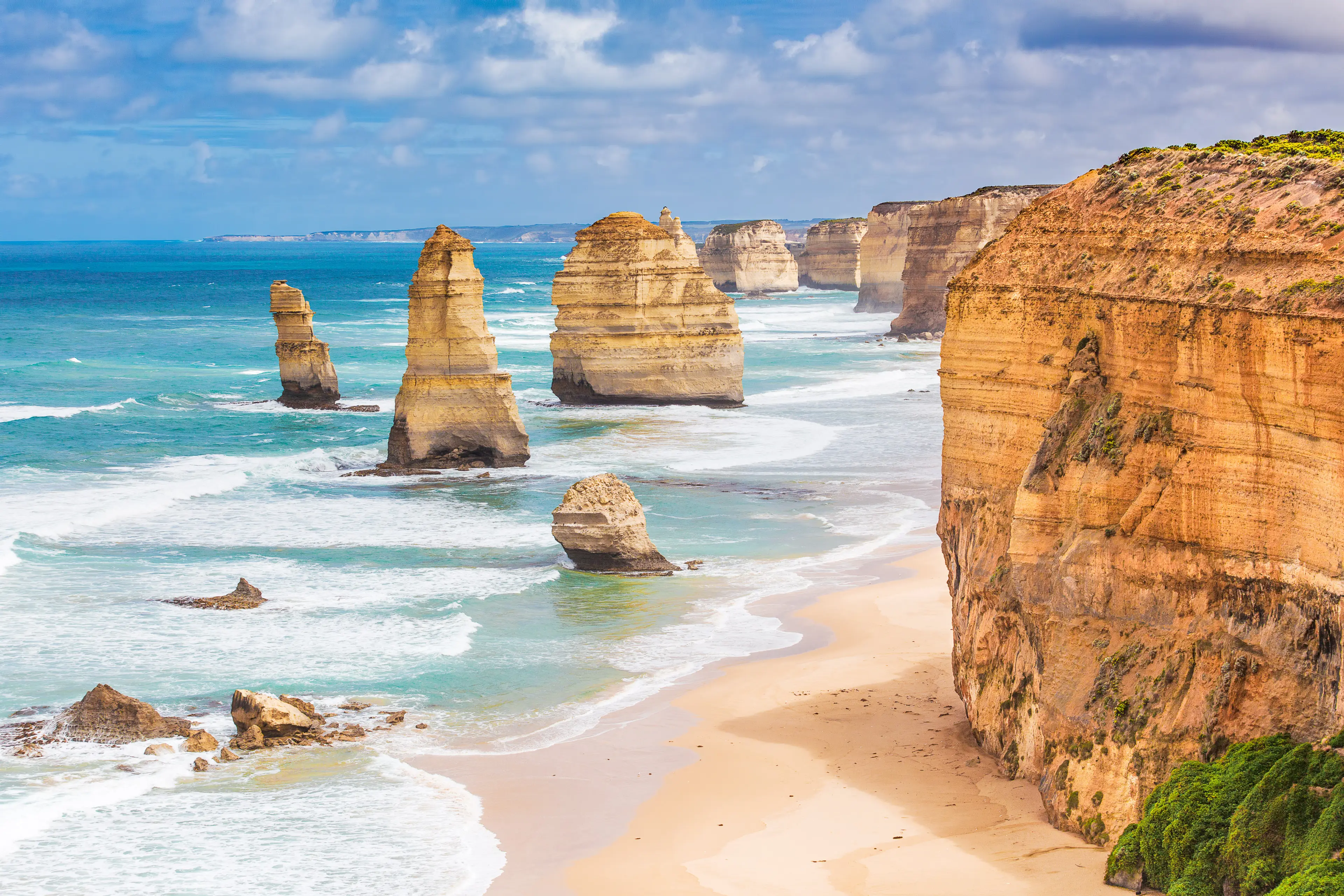
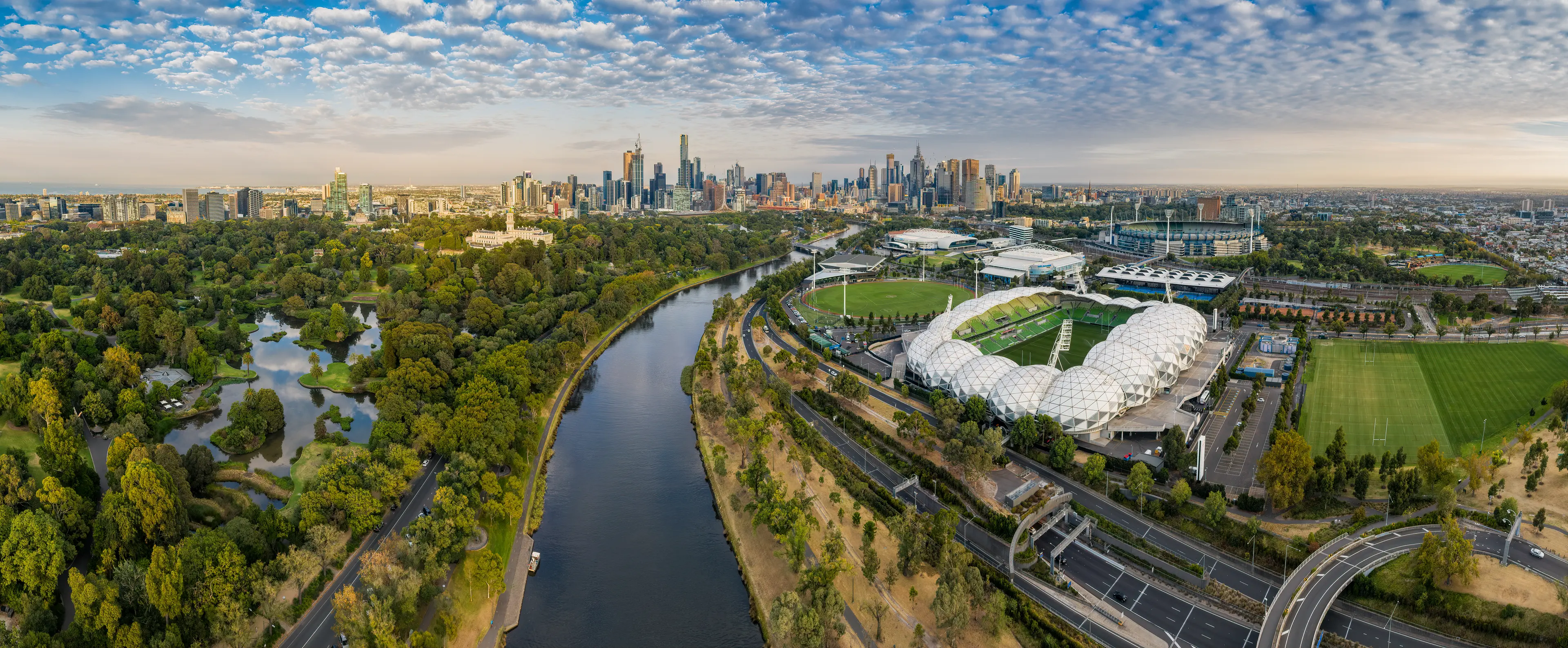
About Melbourne, Australia
Experience the vibrant culture of Melbourne, Australia's cosmopolitan hub. Known for its thriving arts scene, Melbourne boasts world-class museums, galleries, and theaters. Explore the city's iconic laneways, filled with unique street art, boutique shops, and a plethora of cafes and restaurants. Visit the Royal Botanic Gardens, Melbourne Zoo, or take a ride on the historic Puffing Billy Railway. Don't miss the breathtaking views from Eureka Skydeck. Melbourne is also a sports lover's paradise, home to the Melbourne Cricket Ground and Australian Open. A short drive away, you can encounter Australia's unique wildlife at Phillip Island or taste exquisite wines in the Yarra Valley. Melbourne, a city of endless possibilities, promises an unforgettable journey.
3-Day Itinerary
Day 2
Wildlife, History and Nightlife
Morning
Begin your second day with a visit to the Melbourne Zoo, home to a wide variety of wildlife from around the world.
Lunch
Have lunch at a nearby café, where you can sample Melbourne's famous coffee culture.
Afternoon
Spend your afternoon exploring the Melbourne Museum, which showcases Australian social history, Indigenous cultures, science and the environment.
Dinner
Dine at a trendy restaurant in the Fitzroy neighborhood, known for its eclectic dining scene.
Evening
Experience Melbourne's nightlife in the vibrant bars and live music venues of Fitzroy.
Day 3
Sports, Shopping and Skyline Views
Morning
Start your final day with a tour of the iconic Melbourne Cricket Ground, a must-see for sports enthusiasts.
Lunch
Enjoy lunch at a riverside eatery along the Yarra River, offering stunning views of the city skyline.
Afternoon
Spend the afternoon shopping at the Queen Victoria Market, a historic landmark offering a wide range of goods.
Dinner
For your final dinner, choose a restaurant in the Docklands area, known for its waterfront dining options.
Evening
End your trip with a ride on the Melbourne Star Observation Wheel, offering panoramic views of the city.
Attractions in Itinerary (8)

1Royal Botanic Gardens
One of the world's leading botanic gardens, the Royal Botanic Gardens is a center of horticultural excellence and a treasured part of Melbourne's cultural life.

2National Gallery of Victoria
Australia's oldest and largest art museum, featuring a vast collection of international and Australian art.
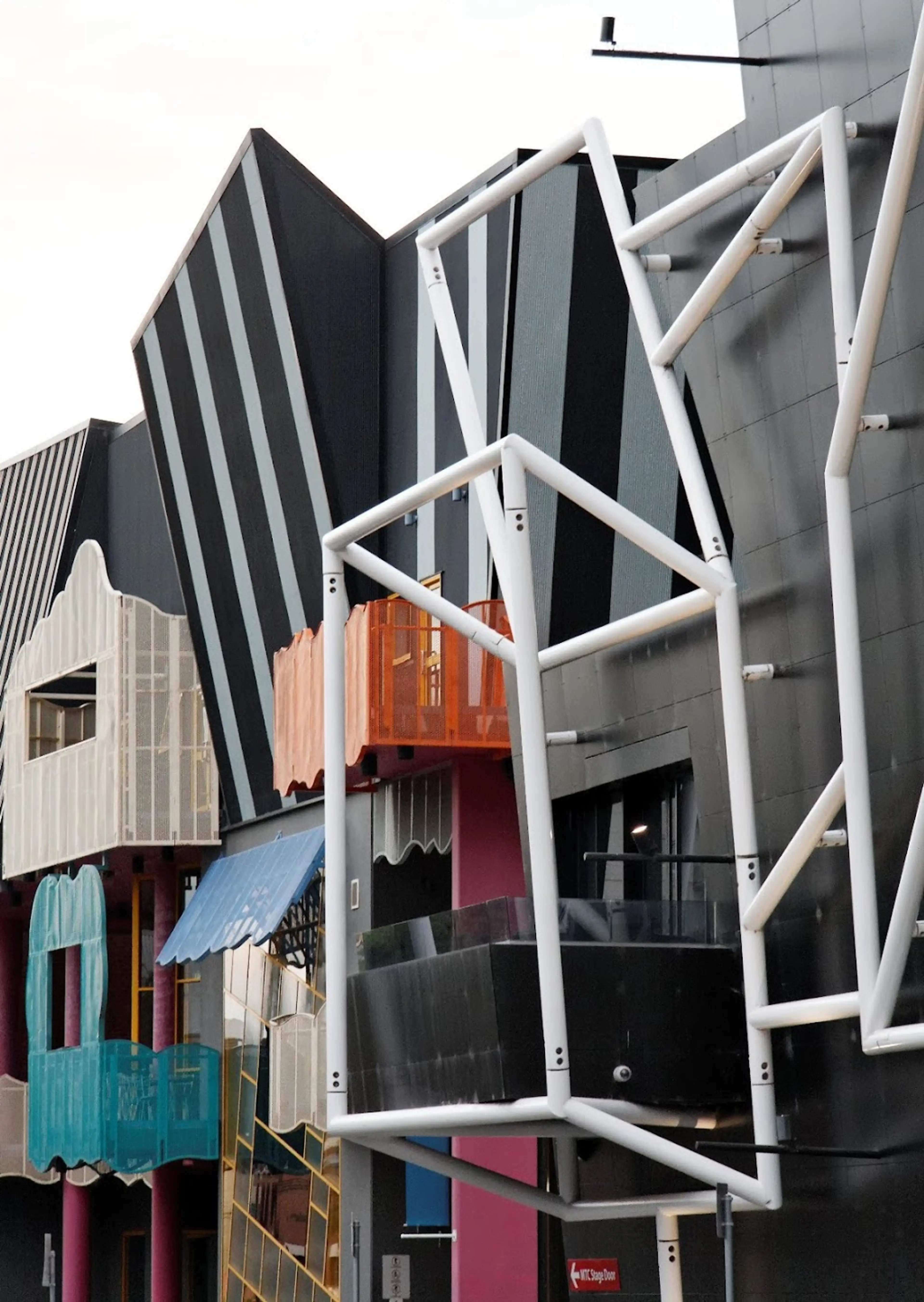
3Melbourne Theatre Company
The Melbourne Theatre Company is the oldest professional theatre company in Australia. It offers a wide range of Australian and international plays, providing a unique cultural experience.

4Melbourne Zoo
The oldest zoo in Australia, home to over 320 animal species from Australia and around the world.

5Melbourne Museum
The largest museum in the Southern Hemisphere, showcasing Australian social history, Indigenous cultures, science and the environment.

6Melbourne Cricket Ground
One of the world's largest stadiums and Australia's premier venue for sporting events and concerts.
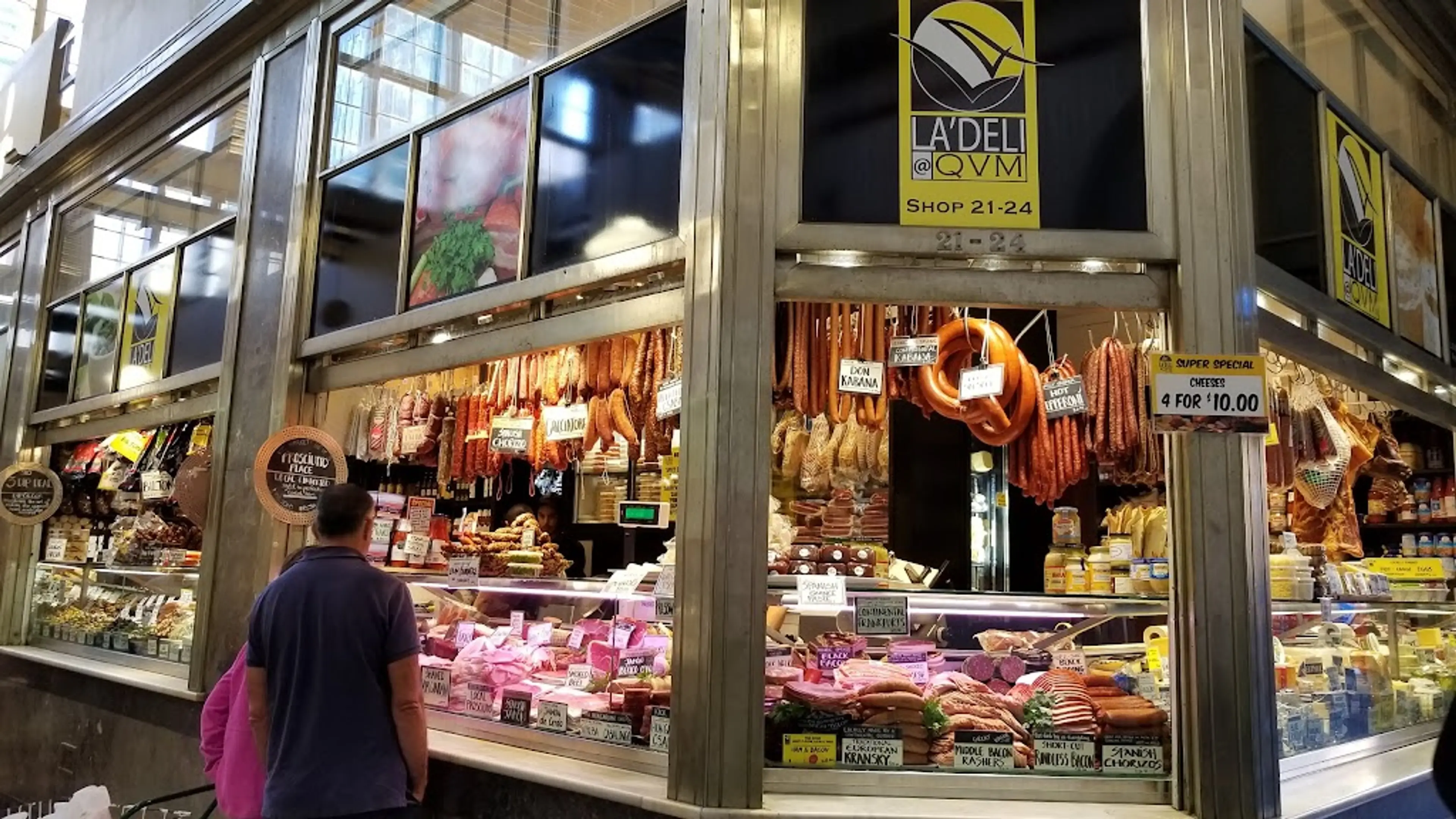
7Queen Victoria Market
One of the oldest markets in Australia, offering a variety of fresh produce, gourmet foods, and unique souvenirs.

8Melbourne Star Observation Wheel
A giant Ferris wheel offering panoramic views of the city, especially beautiful at sunset and night.
Local Food and Drinks (12)

Flat White
A popular coffee drink in Melbourne, the Flat White is similar to a latte, but with less milk and more espresso, resulting in a stronger coffee flavor.

Chicken Parma
A staple in Melbourne's pub scene, Chicken Parma is a breaded chicken breast topped with tomato sauce, ham, and melted cheese, usually served with chips and salad.

Meat Pie
A classic Australian snack, the Meat Pie is a hand-sized pie filled with minced meat and gravy, often enjoyed at sporting events.

Fish and Chips
A popular seaside dish, Fish and Chips is a classic British dish that has become a staple in Melbourne. It consists of battered fish, usually flake, and deep-fried chips.
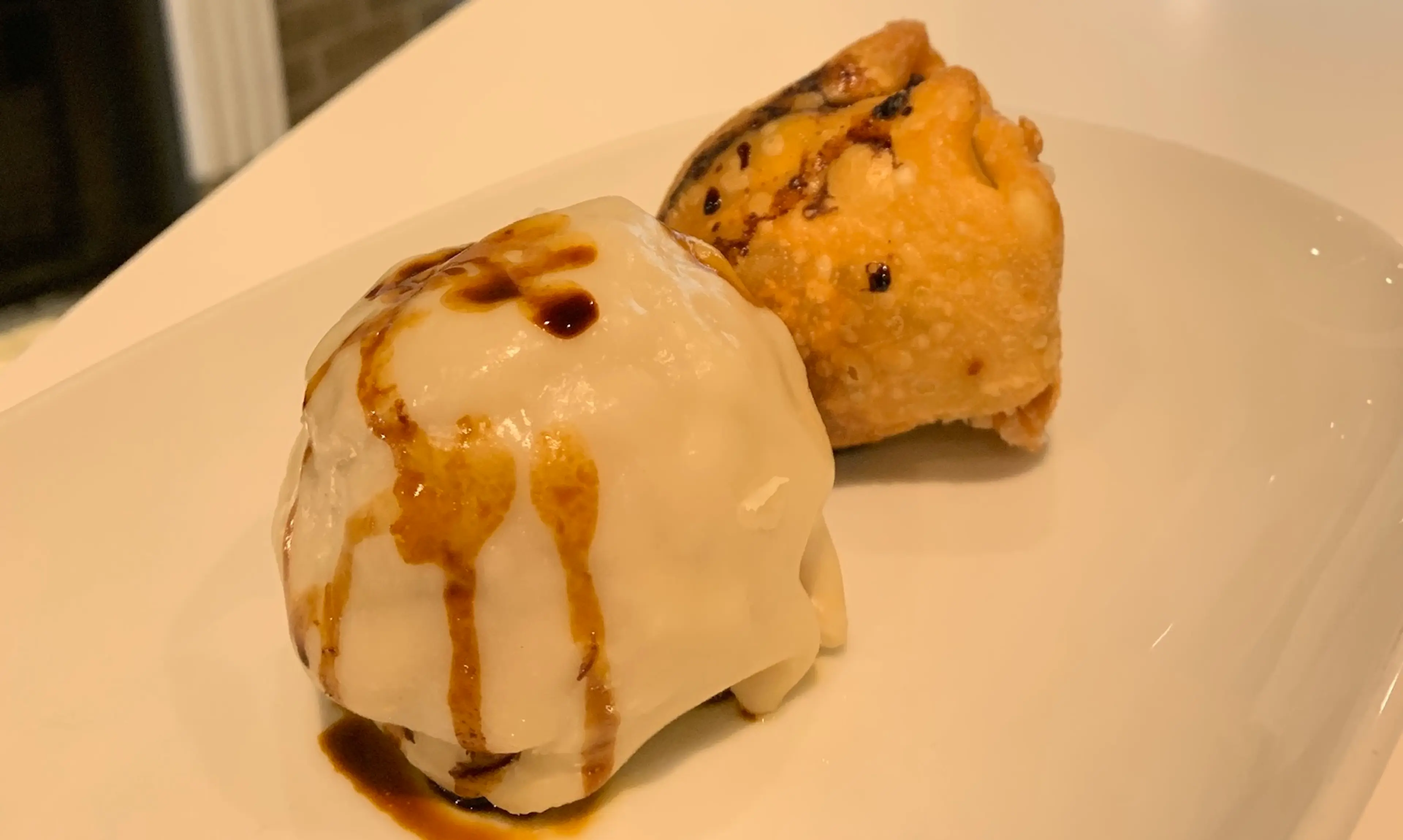
Dim Sim
A Melbourne invention, the Dim Sim is a larger, spicier version of the traditional Chinese dumpling, usually served steamed or fried.

Lamington
A traditional Australian dessert, Lamingtons are squares of sponge cake coated in chocolate and desiccated coconut.
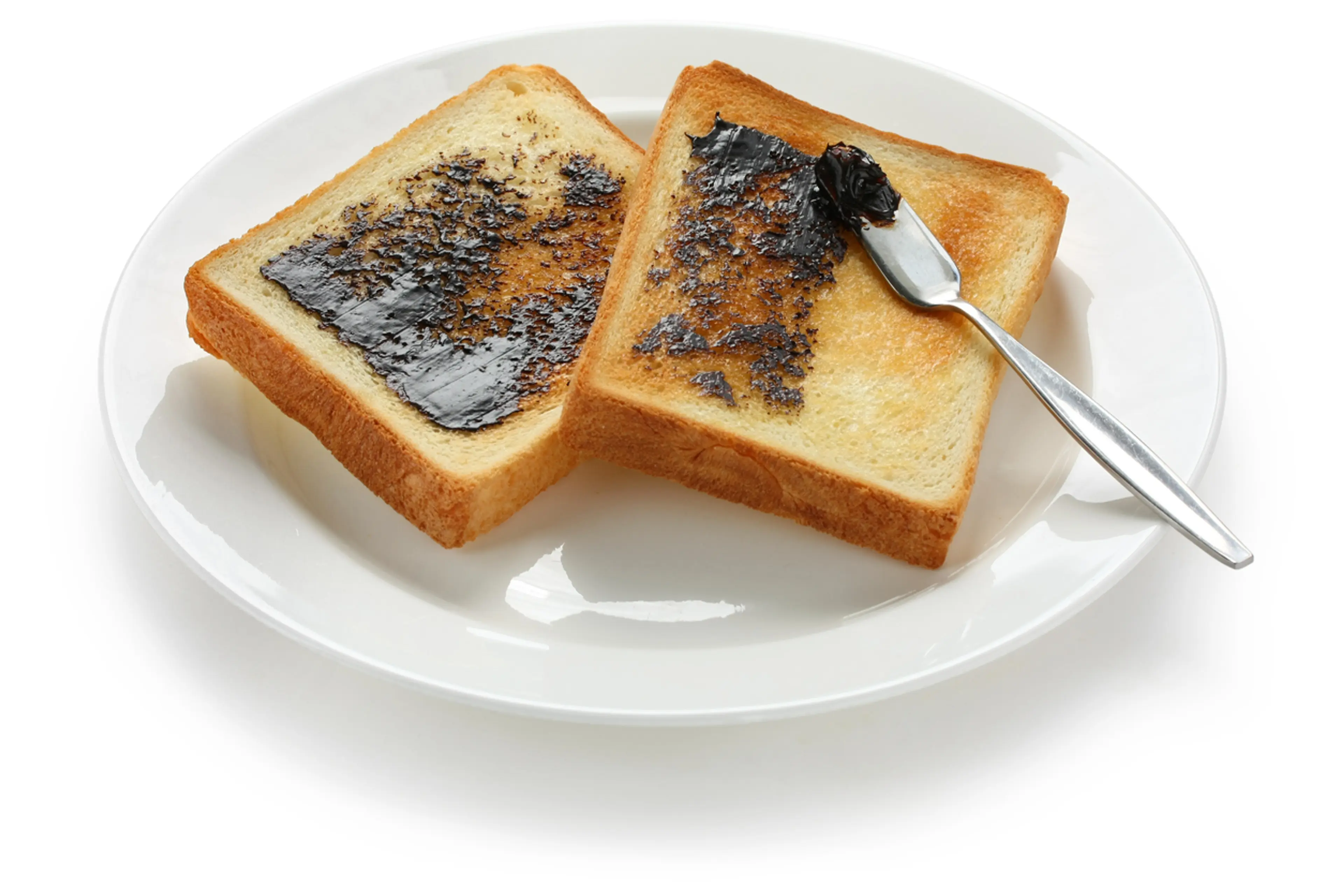
Vegemite on Toast
A classic Australian breakfast, Vegemite on Toast is a simple dish of toasted bread spread with Vegemite, a yeast extract with a strong, salty flavor.
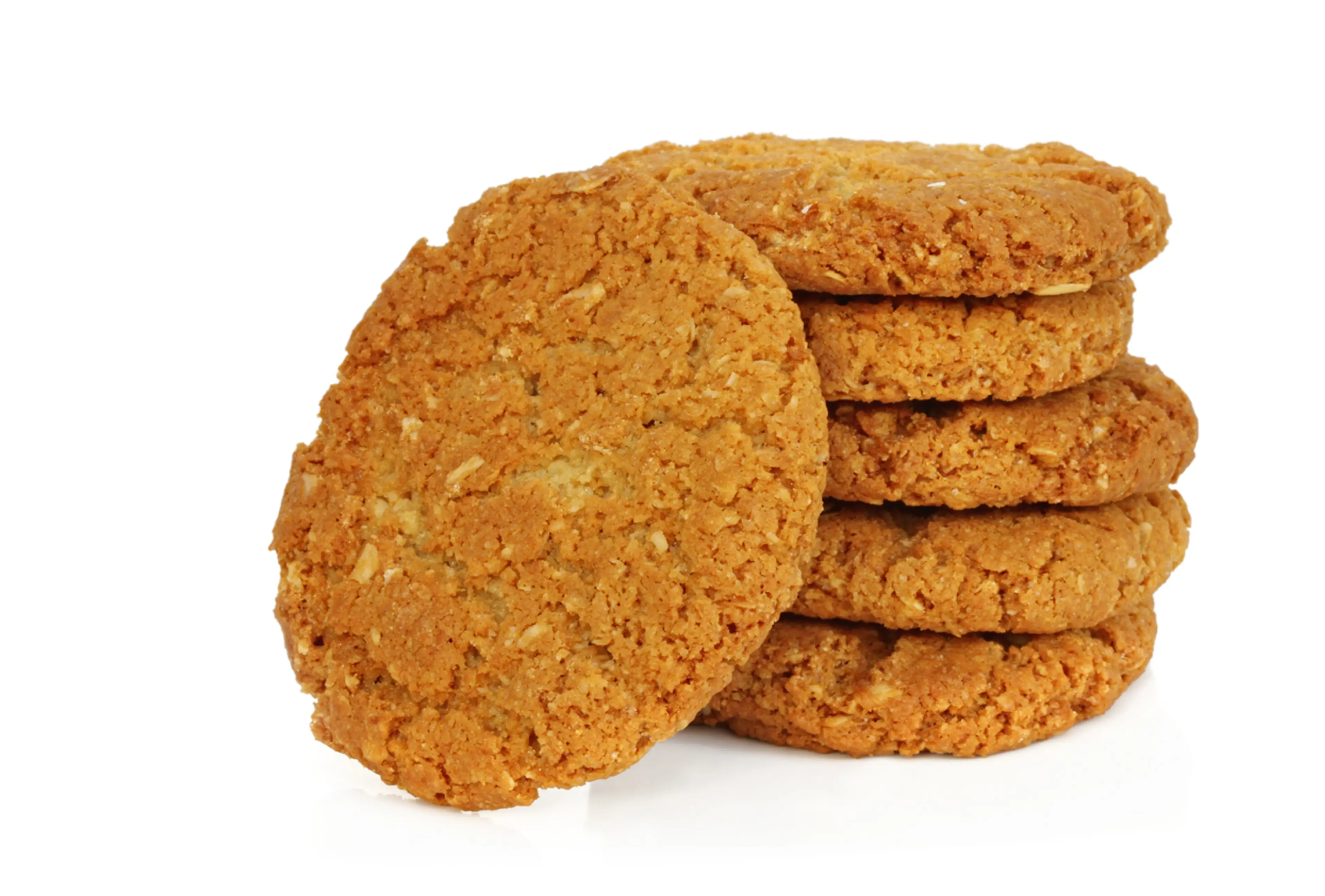
Anzac Biscuits
A sweet biscuit popular in Melbourne, Anzac Biscuits are made from oats, flour, coconut, sugar, butter, and golden syrup. They were originally made to send to the ANZACs (Australian and New Zealand Army Corps) in World War I.
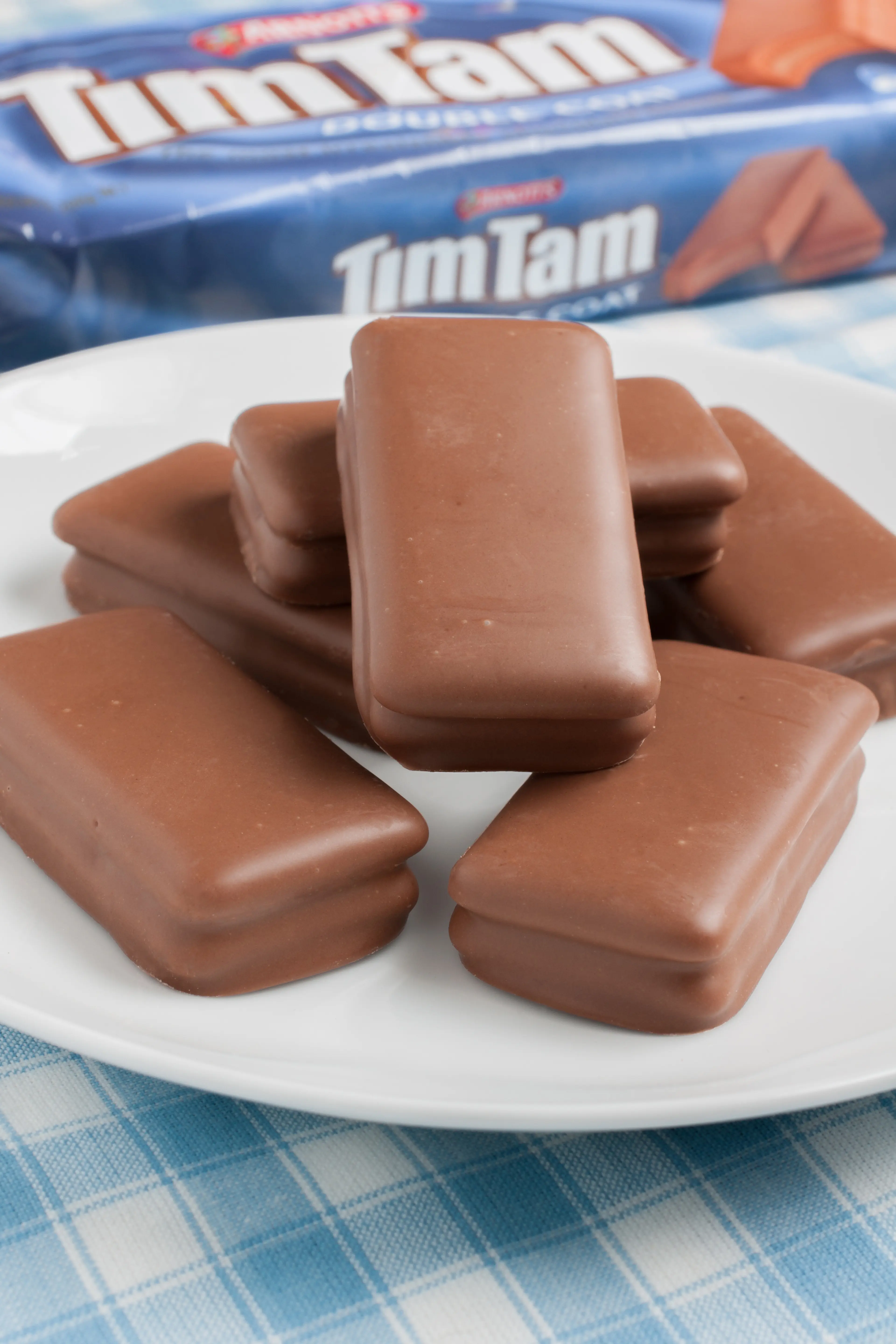
Tim Tam
A beloved Australian chocolate biscuit, Tim Tams consist of two malted biscuits separated by a light chocolate cream filling and coated in a thin layer of textured chocolate.

Four'N Twenty Pie
A popular brand of meat pie in Melbourne, the Four'N Twenty Pie is a hand-sized pie filled with minced beef and gravy.
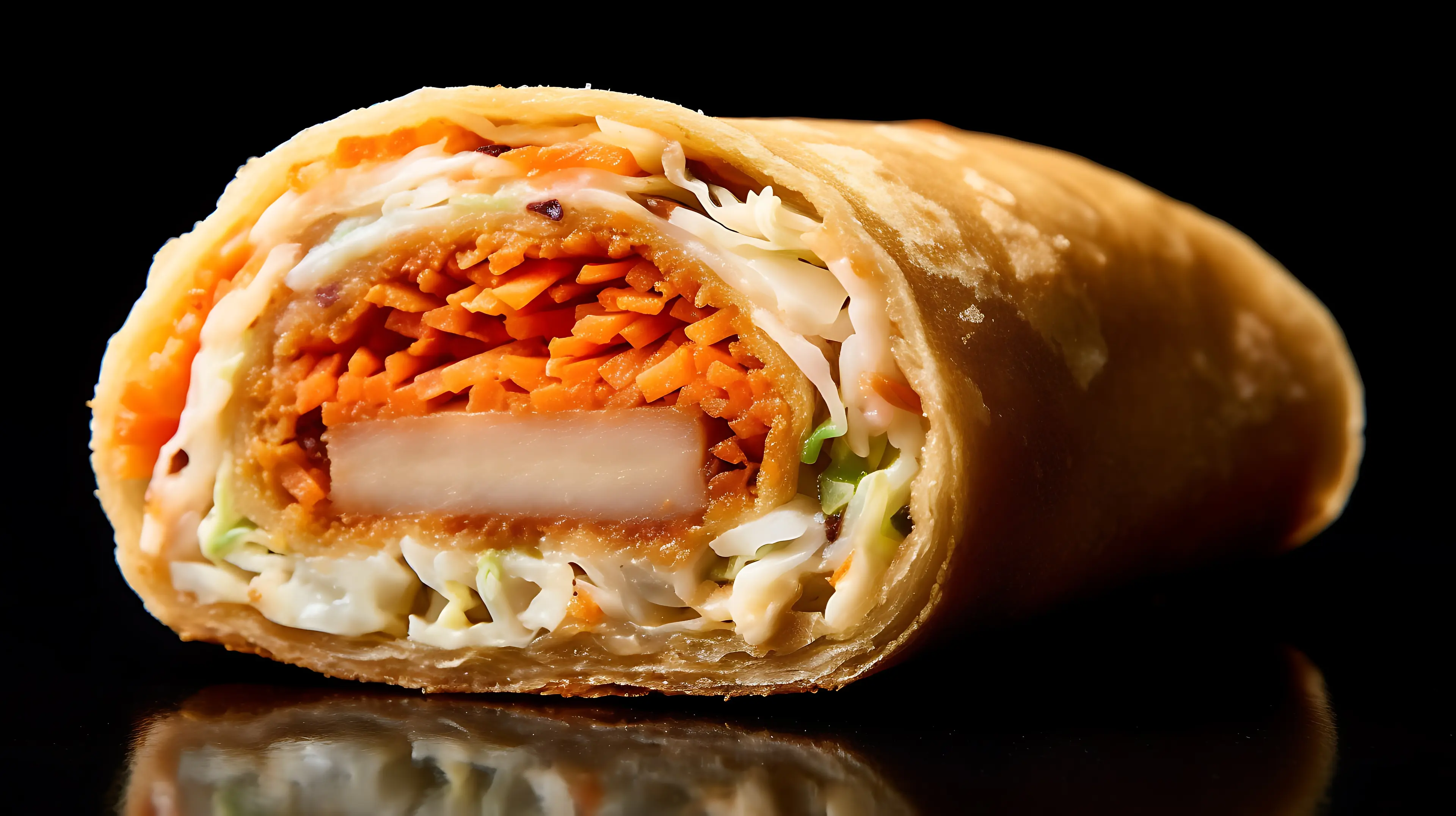
Chiko Roll
A deep-fried snack inspired by the Chinese egg roll, the Chiko Roll is filled with beef, celery, cabbage, barley, carrot, corn, onion, green beans, and spices.
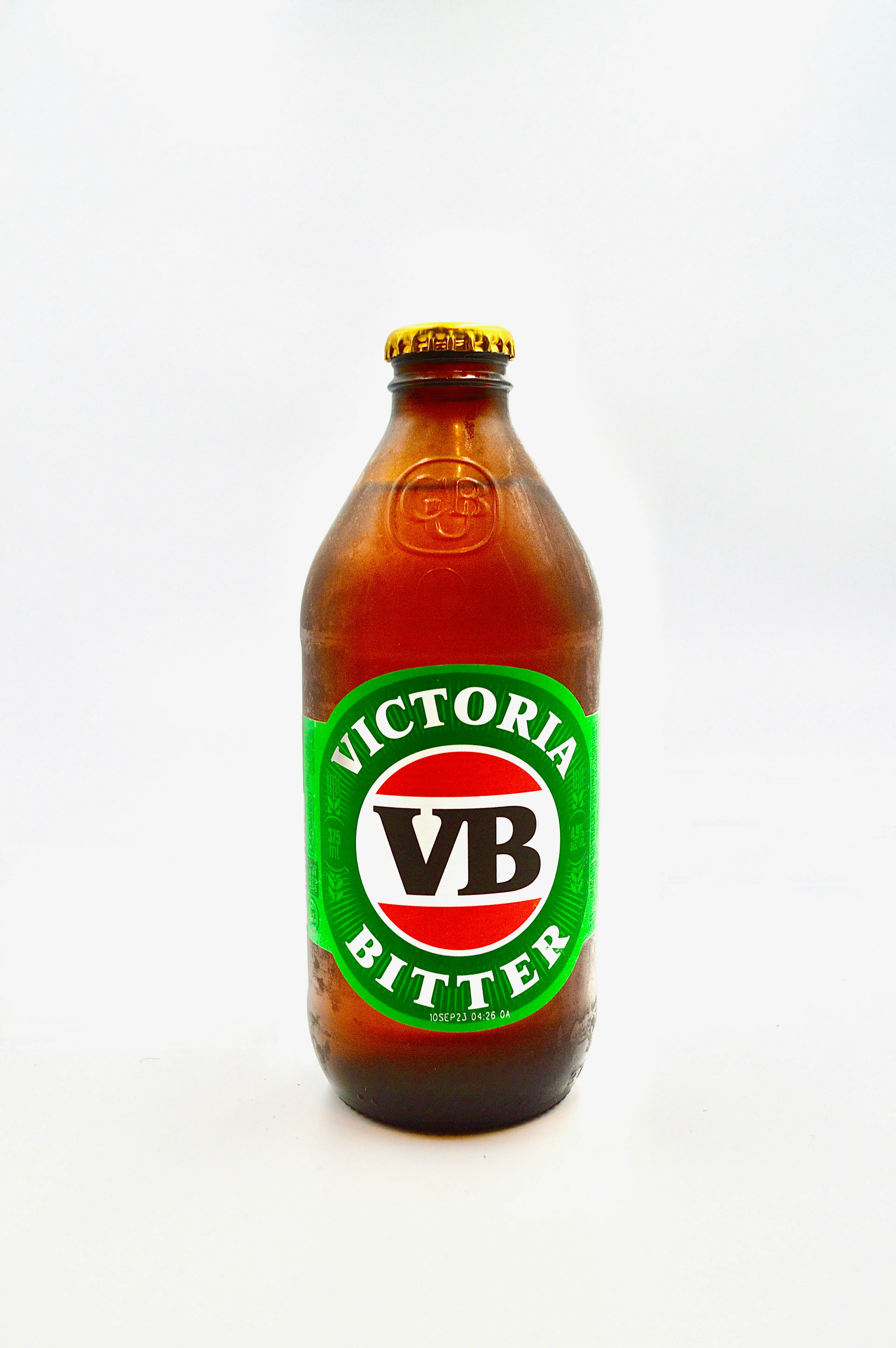
Victoria Bitter
A popular beer in Melbourne, Victoria Bitter is a full-flavored, full strength beer known for its distinctive bitter flavor.
Best time to visit
The best time to visit Melbourne, Australia is during the fall (March to May) and spring (September to November). During these periods, the city experiences mild weather and the city's parks are in full bloom. These seasons also coincide with many of Melbourne's major events such as the Melbourne Food and Wine Festival in March and the Melbourne Cup Carnival in November. However, Melbourne is known for its unpredictable weather, so it's advisable to pack for all conditions.
How to get around
Tram
Melbourne's tram network is extensive and a popular mode of transport. It covers the city center and many suburbs. The City Circle Tram service is free and a great way to see the city's central business district.
Train
Melbourne's train network is also extensive, covering the city and many suburbs. It's a fast and efficient way to get around, especially during peak hours.
Bus
Buses in Melbourne cover areas not serviced by trams and trains. They are especially useful for reaching the outer suburbs or areas without rail service.
Taxi
Taxis are readily available in Melbourne and can be hailed from the street, booked online, or picked up from designated taxi ranks. They offer a convenient but more expensive way to get around.
Ridesharing
Ridesharing services like Uber and Didi are widely available in Melbourne. They offer a convenient and often cheaper alternative to taxis. You'll need to download the relevant app to use these services.
Bicycle
Melbourne is a bike-friendly city with numerous bike lanes and paths. You can rent a bike from Melbourne Bike Share stations located throughout the city.
Car Rental
Renting a car is a good option if you plan to visit areas outside of Melbourne or if you prefer the flexibility of driving yourself. Note that Melbourne operates on a hook turn system in the city center, which can be confusing for visitors.
Ferry
Ferries operate along the Yarra River and offer a scenic way to travel. Services include the Williamstown Ferry and the St Kilda Ferry.
Walk
Melbourne's city center is compact and pedestrian-friendly, making walking a viable option for getting around. Key attractions, shopping precincts, and dining areas are often within walking distance of each other.
Important information
Currency$ AUD
Time zoneUTC+10
Driving sideLeft
Emergency phone000 (112 on cell phone)
Drinking waterYes
Power sockets
Voltage230 V
Things to know about Melbourne, Australia as a first time visitor
1
Melbourne is known for its unpredictable weather. It's often said that the city experiences 'four seasons in one day', so pack accordingly.
2
The city is very walkable, and many of its key attractions are within walking distance of each other.
3
Melbourne operates on Australian Eastern Standard Time (AEST), which is 10 hours ahead of Greenwich Mean Time (GMT+10).
4
The official currency is the Australian Dollar (AUD). Credit cards are widely accepted, but it's always handy to have some cash.
5
Tipping is not mandatory in Australia, but it is customary to tip for good service in restaurants and cafes.
6
Melbourne is a multicultural city with a wide variety of cuisines available. Be sure to try some local dishes, such as a meat pie or fish and chips.
7
Public transport is excellent in Melbourne. The city has a comprehensive network of trams, trains, and buses.
8
The city's 'Free Tram Zone' in the CBD (Central Business District) allows you to hop on and off trams without paying a fare.
9
If you're planning to use public transport outside of the Free Tram Zone, you'll need a Myki card, which is Melbourne's ticket to travel on the city's buses, trams and trains.
10
Melbourne is known for its vibrant arts scene. The city is full of galleries, theatres, and live music venues.
11
The city is also famous for its coffee culture. Be sure to visit one of Melbourne's many excellent cafes.
12
Melbourne is a great city for shopping, with a mix of high-end boutiques, local designers, and vintage stores.
13
The city is very safe, but as with any major city, it's important to be aware of your surroundings, especially at night.
14
The legal drinking age in Australia is 18. It's also the age at which you can legally purchase cigarettes.
15
Australia has strict quarantine laws to protect its unique environment. Be aware of what you can and can't bring into the country.
16
In summer (December to February), temperatures can reach up to 104°F (40°C), while in winter (June to August), temperatures can drop to around 41°F (5°C).
17
Melbourne is a sport-loving city. If you're visiting during the Australian Rules Football season, try to catch a game.
18
The city has a strong sustainability focus. Many cafes offer discounts if you bring your own reusable cup for takeaway coffee.
19
Melbourne has a diverse nightlife with a range of bars, clubs, and live music venues to suit all tastes.
20
English is the official language in Australia, but due to Melbourne's multicultural population, many other languages are also spoken.
Packing List
Clothing
Underwear
Socks
T-shirts
Pants/Jeans
Comfortable walking shoes
Sweater or jacket
Pajamas
Swimsuit
Hat/Cap
Sunglasses
Toiletries
Toothbrush
Toothpaste
Floss
Deodorant
Shampoo
Conditioner
Body wash
Razor
Shaving cream
Lotion
Sunscreen
Lip balm
Personal hygiene items
Prescription medications
First aid kit
Travel documents and essentials
Passport
Driver's license
Credit and debit cards
Cash and coins
Travel insurance documents
Hotel and/or car rental reservations
Emergency contacts and important addresses
Maps and guidebooks
Electronics and gadgets
Smartphone
Charger for smartphone
Headphones
Laptop
Charger for laptop
Camera
Memory cards for camera
Power bank
Travel adapter
Miscellaneous items
Snacks
Water bottle
Books or e-books
Travel pillow
Earplugs
Eye mask
Hand sanitizer
Tissues
Umbrella
Weather Conditions
Melbourne, Australia is known for its unpredictable weather. It's often said that you can experience "four seasons in one day" in Melbourne, so it's essential to be prepared for a variety of weather conditions. The summer months (December to February) are generally warm to hot, with temperatures ranging from 68°F to 86°F (20°C to 30°C). However, heatwaves with temperatures exceeding 104°F (40°C) are not uncommon. It's advisable to stay hydrated, wear sunscreen, and seek shade during the hottest parts of the day. Autumn (March to May) and spring (September to November) are typically mild, with temperatures ranging from 50°F to 75°F (10°C to 24°C). These seasons can be particularly unpredictable, with rapid changes in weather conditions. It's a good idea to carry a light jacket or sweater and an umbrella, as rain showers can occur unexpectedly. Winter (June to August) in Melbourne is relatively mild compared to many other places, with temperatures typically ranging from 42°F to 57°F (6°C to 14°C). However, it can feel colder due to wind chill, so it's recommended to pack warm clothing, including a windproof jacket. Rain can occur at any time of the year in Melbourne, so it's always a good idea to carry an umbrella or raincoat. Also, remember that the sun in Australia can be intense, even on cooler days, so always wear sunscreen and a hat when you're outside. In terms of activities, Melbourne's weather can accommodate a wide range of interests. On sunny days, you can enjoy the city's beautiful beaches, parks, and outdoor dining options. On cooler or rainy days, you can explore Melbourne's world-class museums, galleries, and shopping districts. Remember, the weather can change quickly in Melbourne, so it's always a good idea to check the forecast before you head out for the day.
| Month | Hi / Lo (°C) | Weather Overview |
|---|---|---|
January | 41° / 14° | January is the peak of summer in Melbourne, with temperatures often reaching the high 30s or low 40s. It's a great time to visit the city's beaches and outdoor attractions. |
February | 41° / 14° | February is still quite hot, but the heat is less intense than in January. This is a good time to visit parks and gardens, as they are usually in full bloom. |
March | 38° / 13° | March sees the start of autumn in Melbourne, with slightly cooler temperatures. It's a good time to visit the city's many festivals and cultural events. |
April | 30° / 11° | April is a mild month with temperatures dropping further. It's a great time to explore the city's architecture and museums. |
May | 24° / 9° | May is the start of winter in Melbourne, with temperatures dropping further. It's a good time to visit indoor attractions like museums and galleries. |
June | 20° / 7° | June is a cold month in Melbourne, with temperatures often dropping to single digits. It's a good time to enjoy the city's cafes and restaurants. |
July | 20° / 7° | July is the coldest month in Melbourne, with temperatures often dropping to single digits. It's a good time to visit indoor attractions and enjoy the city's vibrant food scene. |
August | 22° / 8° | August is still quite cold, but temperatures start to rise slightly. It's a good time to visit the city's parks and gardens, which start to bloom. |
September | 26° / 9° | September is the start of spring in Melbourne, with temperatures rising. It's a great time to visit the city's parks and gardens, which are in full bloom. |
October | 30° / 11° | October is a mild month with temperatures rising further. It's a great time to explore the city's architecture and outdoor attractions. |
November | 35° / 13° | November sees the start of summer in Melbourne, with temperatures rising. It's a good time to visit the city's beaches and outdoor attractions. |
December | 38° / 14° | December is a hot month in Melbourne, with temperatures often reaching the high 30s. It's a great time to visit the city's beaches and outdoor attractions. |
Did you know?
Places near by Melbourne, Australia

Phillip Island
Known for its wildlife and outdoor activities, including the famous Penguin Parade.

Yarra Valley
Famous for its wineries and gourmet food experiences.

Great Ocean Road
A scenic drive along the coast, with stops at landmarks like the Twelve Apostles.

Mornington Peninsula
Offers beautiful beaches, wineries, and outdoor activities.

Ballarat
Historic city known for its gold rush history and Sovereign Hill museum.

Bendigo
A vibrant regional city with a rich gold rush heritage, impressive architecture and buzzing arts scene.

Geelong
A vibrant city with a stunning waterfront, innovative dining scene and thriving arts culture.

Dandenong Ranges
Known for its scenic beauty, charming villages and natural attractions.

Daylesford
Known for its natural mineral springs and wellness retreats.

Mount Buller
Popular destination for skiing and snowboarding in winter, and mountain biking and hiking in summer.
